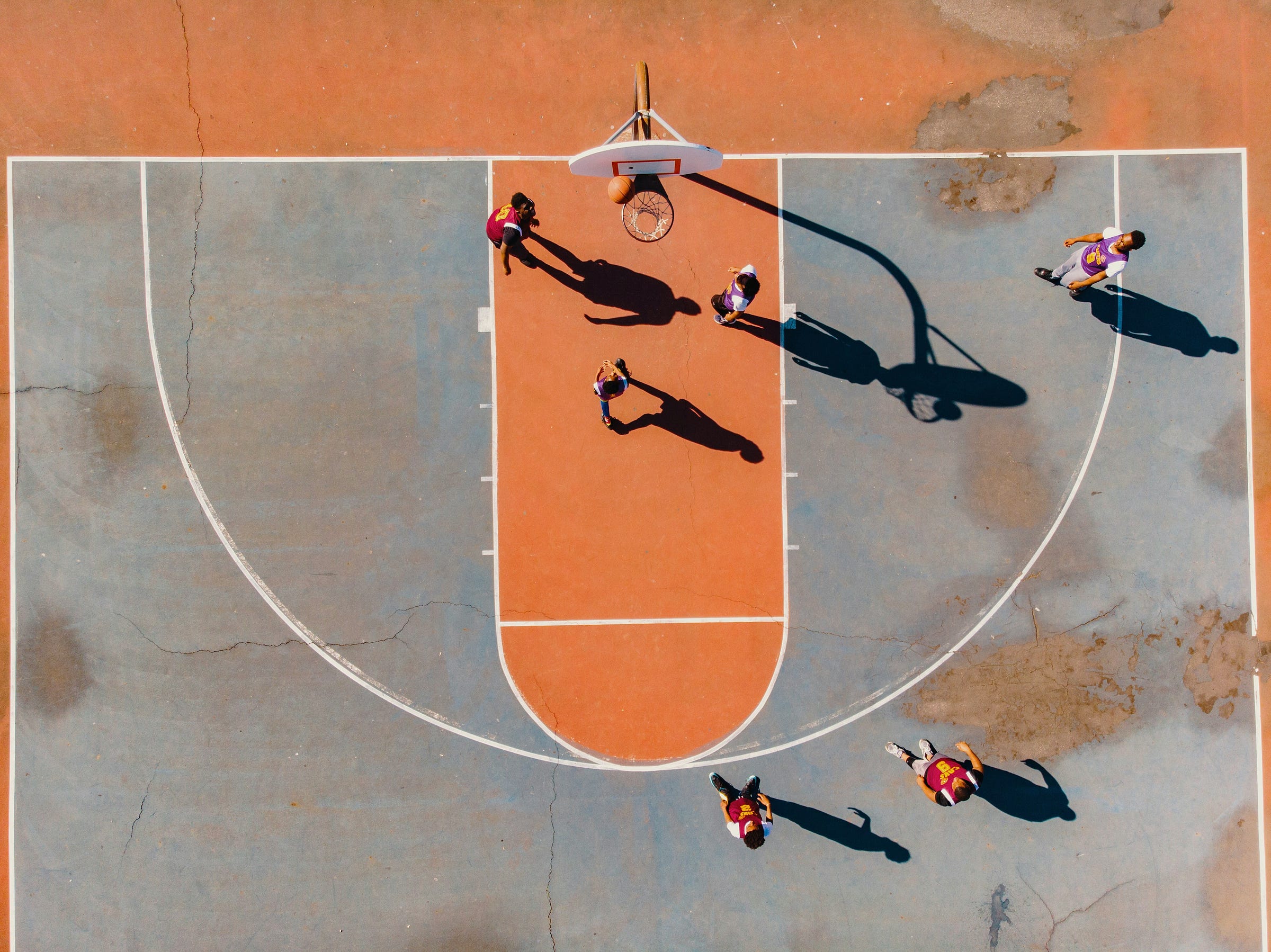Breaking barriers to accessing sport
Everyone has a role to play but government must take the lead
Words: Jeevan, Toronto
Sports have a magic that can bring people together across cultural and economic backgrounds. Sports also teach valuable life skills such as teamwork, discipline, resilience, and leadership. While so many mainstream news headlines speak of feats achieved by elite athletes, sports must be accessible for all.
Sports can provide avenues to personal fulfillment as well as furthering wider goals of equality, provided that barriers to access and participation are overcome.
Overcoming economic barriers
One barrier in accessing sport opportunities is cost. From gear, to uniform purchases, competition travel expenses and club membership fees, sporting activities can become unaffordable for many young people. Studies in Canada, where I am based, have found that one of the main challenges in keeping youth involved in sports is the increasing cost of participation.
Wealthy families have greater access to extracurricular programs and sports initiatives, and can use these opportunities to open doors to progress and eventual success, such as earning university scholarships or pursuing professional career paths. It is important to expand programs that enable low-income youth to pursue sports as much as possible.
Improving sports infrastructure
Another factor is the need for more equal access to well-maintained public parks and community centers with sports facilities.

Governments, companies and communities have roles to play
Expanding access to opportunity in and through sport is not just the job of local communities. Every private and public entity has a big role to play in making sports an area of equal opportunities.
Corporations can make a significant contribution with sponsorships, donations of sports equipment to underfunded areas, and the creation of sports programs. Schools, local clubs, and nonprofit organisations can come together to set up low- or no-cost programs for disadvantaged youth. But more than anything else, investment in youth sports by governments are in order, especially in economically deprived areas. Making programs more inclusive means removing financial barriers through actions such as subsidization of fees and providing grants for families that need support, and it means investment in physical places to play sports.
A Call for an Inclusive Sports Culture
Sports open doors of opportunity. Yet, if this potential is ever to be harnessed to the fullest, then barriers to access have to be overcome. Accessible sports programs, investment in infrastructure, and tearing down financial hurdles will go a long way to support individuals and build stronger, more inclusive communities. The future of sports should be that everyone has an opportunity to succeed.
Jeevan is a Toronto-based participant in Youth Media Forward: meet the Toronto participants here


